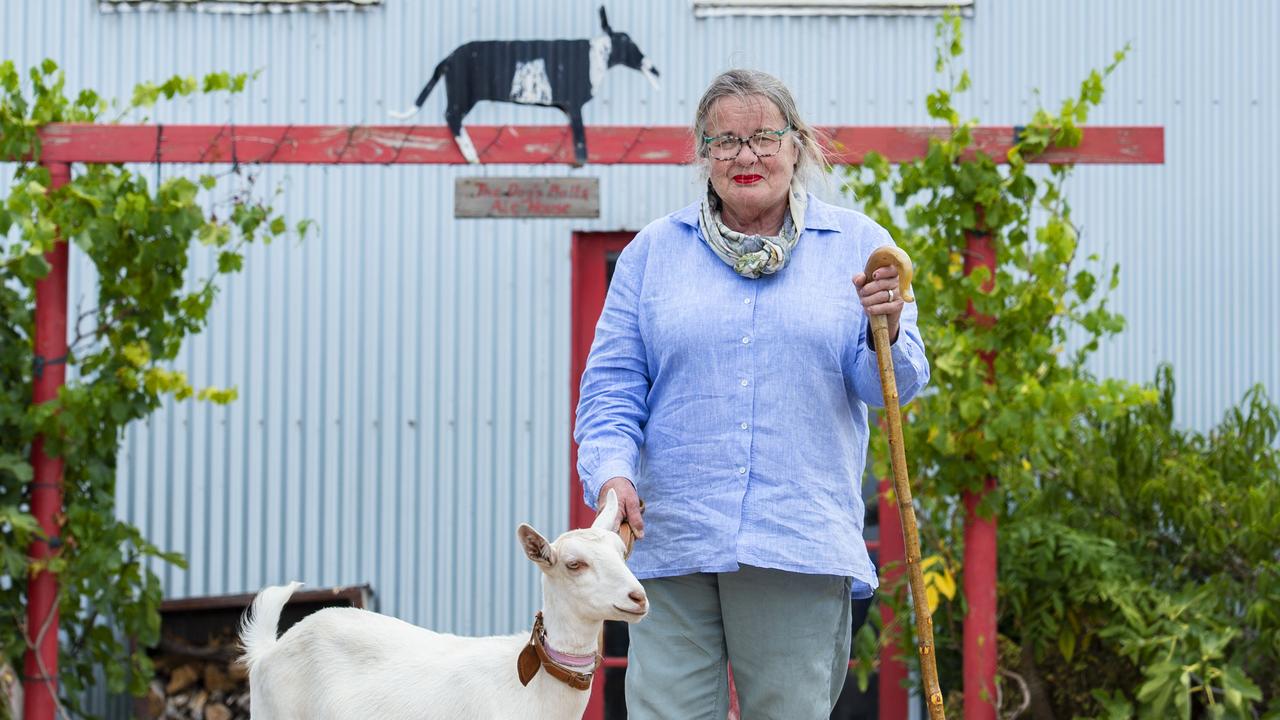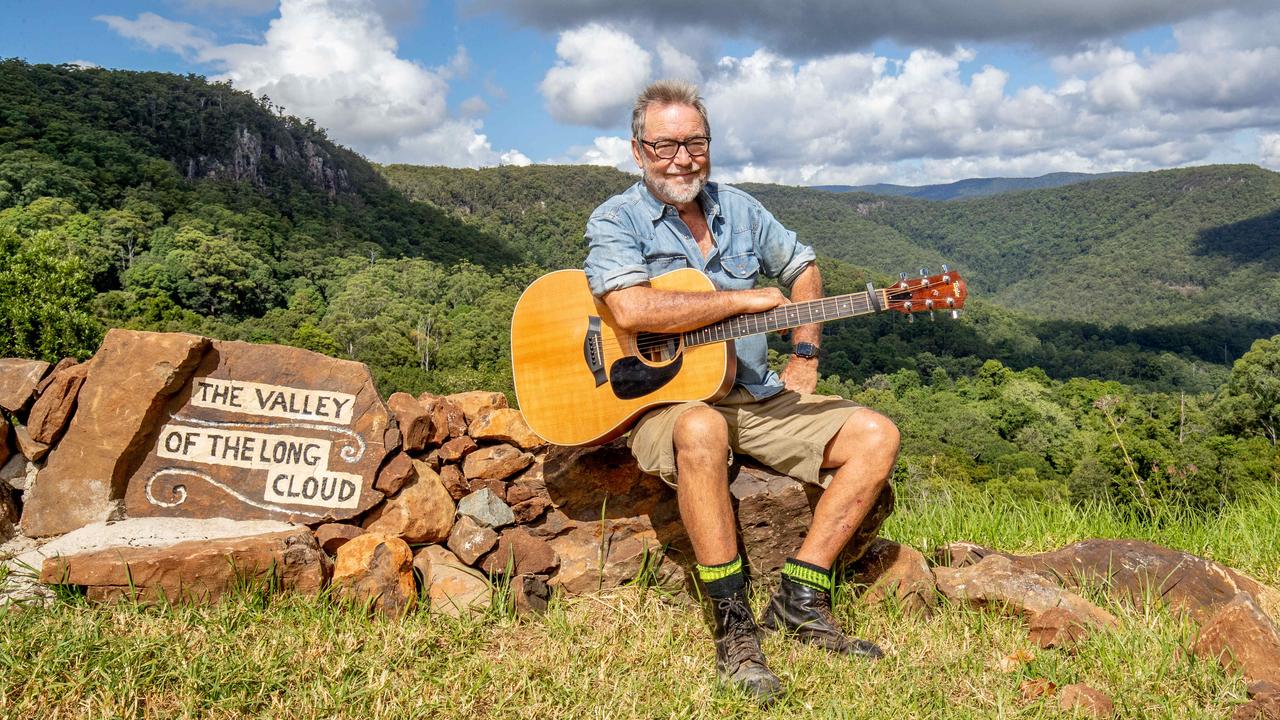Bunny Mortimer talks about life on land and poem inspiration
This 96-year-old from New Zealand used her experience of life on the land to write a poem dedicated to women and farming.
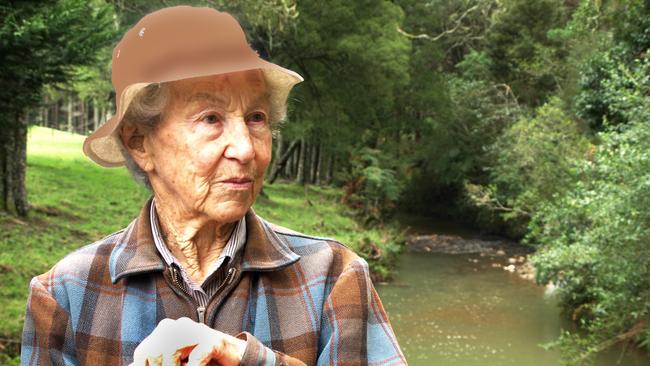
NEW Zealander Bunny Mortimer normally reserves her poetry for special occasions, such as the birthdays of family members.
But when her daughter Prue called her from across the ditch in 2018, asking her to write something about women on the land, Bunny broke with that tradition.
The result was an 11-verse rhyming poem, titled Oh It’s Great To Be A Woman, which Prue read out at The Man from Snowy River Festival last year.
Bunny lives in Hamilton in New Zealand. Within a few minutes of meeting over a shaky phone line, the 96-year-old makes a wry observation about her home country being in drought.
“But what we call a drought I don’t think you would, because our droughts are after we haven’t had rain for about three months, but it is a bit different for Australia isn’t it?”
Prue — who lives in Yea — contacted her mum in 2018 about writing the poem. As Bunny recalls it, Prue said she was “going to some horsey thing where people took along poems they had written and read them out”.
“I’ve written poetry all my life, not high-class stuff at all,” Bunny says.
“She said, would I write something about women living on the land, because I had always been farming. So I put together some verses, and gave it to her and said if she thought it suitable to read it out.
“I had forgotten about it and some months later she rang and said she had read it out, and had got a standing ovation … I hadn’t anticipated that.”
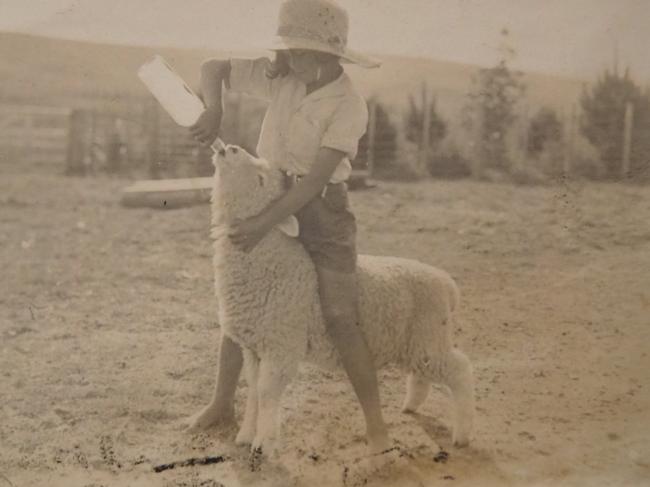
Bunny has several lifetimes’ worth of experience of living on the land. Born in 1923, when World War II struck and her brother volunteered for the air force, Bunny helped provide the labour on the family property instead of going to university.
She left Hamilton for 10 years when she married, but when that marriage collapsed, “like so many war time ones”, she returned to the farm, five children in tow.
She says her parents were “very supportive”.
“My father said find a section on the farm and we can build a house on it for you, because no one was going to marry me with five little children,” Bunny says.
But that rationale was proved very, very wrong. For before too long, Bunny was reacquainted with John Mortimer, who called in to visit the family — “and that was that”. They married in 1957.
“He was the most wonderful father to them.” (The couple would go on to add another four children to the family).
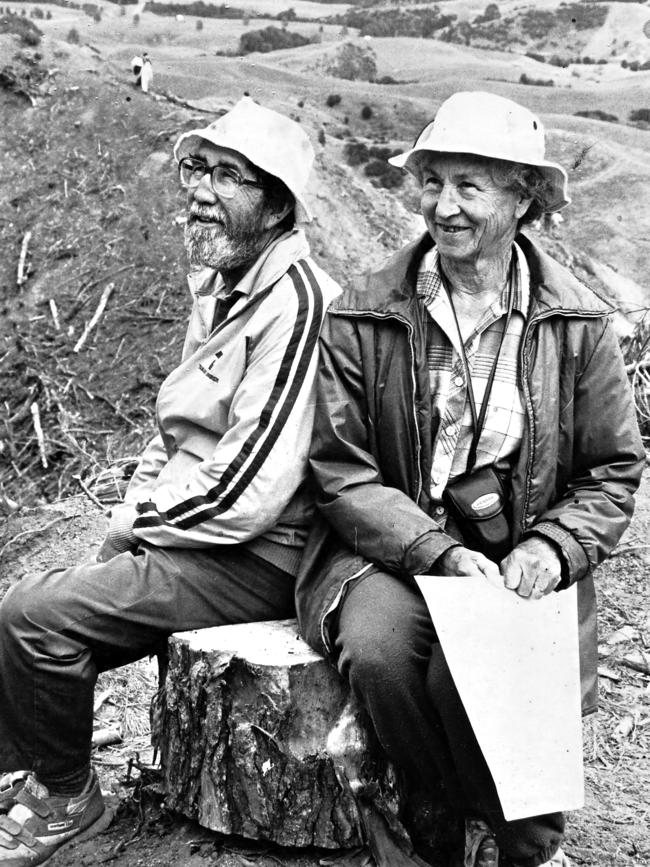
Bunny says John, who died two years ago, was “a very altruistic person. He always thought of other people”.
They planted lots of trees on their property, where they stayed until 2000, and eventually they donated the Taitua Arboretum to the people of Hamilton in 1997. It formally opened to the public for visits in 2004 and features more than 1500 species of trees.
The Mortimers also had a small herd of Charolais cattle.
When asked about how women’s roles on the land had changed in her lifetime, Bunny said women were receiving the recognition for the work they do.
“Women are now far more involved in farming,” she says.
“Whereas before if anything of note came up the farm always belonged to Mr So-And-So, it is now always ‘Mr AND Mrs’ … the women now are, nearly always, given credit for contributing towards the success of a farming operation.”
In terms of her poem, Bunny says she tried to weave in not only her own experiences and knowledge but also those of women in other agricultural sectors, such as working in a dairy.
“I tried to cover the main things that a woman would be doing on the farm, such as training dogs, or helping with the stock work,” she says.
“Prue said try to make it as Australian as you can — I don’t know Australian slang very well so I couldn’t. I just wrote things down as I thought of them.
“It was no trouble to write once I got an idea in my head.”
OH, IT’S GREAT TO BE A WOMAN
Oh, it’s great to be a woman and working on the land
You get a certain satisfaction that most men don’t understand;
Maternal instincts trigger when you see a newborn calf
You hear a lost lamb bleating or a farmer’s baby laugh.
Oh, it’s great to be a woman slogging in the milking shed
When your legs are stiff and freezing and you’d rather be in bed;
But as the tanker comes that morning, you smile a little smile
Picture your new furniture and know it’s all worthwhile.
Oh, it’s great to be a woman, out mustering wild sheep
You’ve scrambled up and down steep hillsides when you’d rather be asleep;
But with the woollies yarded, you forget about the hills
You put your head down early — no need for sleeping pills.
Oh, it’s great to be a woman and to have an able man
Who’ll do the things you can’t do and help you when he can;
The day’s work done, you have a shower, you change but don’t lie down
You put on lipstick, grab your man and go to dine in town.
Oh, it’s great to be a woman, out there planting trees
To shelter pasture, man and beast, give food for birds and bees;
Your knees might feel like jelly but the trees are there to last
And every time you visit them you’ll find they’re growing fast.
Oh, it’s great to be a woman and be breaking in a horse
You do it all by kindness – not by violence or force;
You end up with a happy mount and not a nervous mess
And you don’t have to recover from an overload of stress.
Oh, it’s great to be a woman – but some men I can’t abide
Those city slickers come here and they think that they can ride;
But a brumby will not tolerate a wise guy from the town
Who puts his right foot in the stirrup and ends up on the ground.
Oh, it’s great to be a woman and attend a country dance
Where stockmen roll up in their utes, some hoping for romance;
They come to catch up with their mates and share a friendly beer
And watch the sheilas dancing — they do this every year.
Oh, it’s great to be a woman — the country is in flood
With water, water everywhere, and half the farm is mud;
You take your hungry livestock up the road to higher ground
And thank your lucky stars that neither you nor they were drowned.
Oh, it’s great to be a woman, and tolerant of germs
You cultivate the better ones by farming compost worms;
So your vege garden flourishes, your health is always good
And you love the life you’re leading, as all good farmers should.
Oh, it’s great to be a woman and be living on a farm
Though the work is often strenuous, it does more good than harm;
So when you’re 95 like me, you’ll look back and you’ll say
‘It’s thanks to all that farm work I’m alive and well today.’
— Bunny Mortimer

